Preparing A Shopping Center for Winter
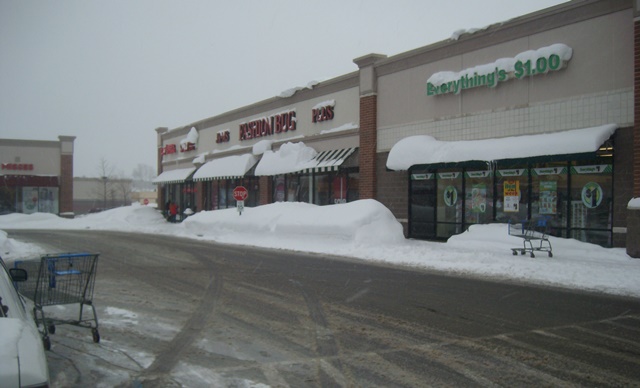
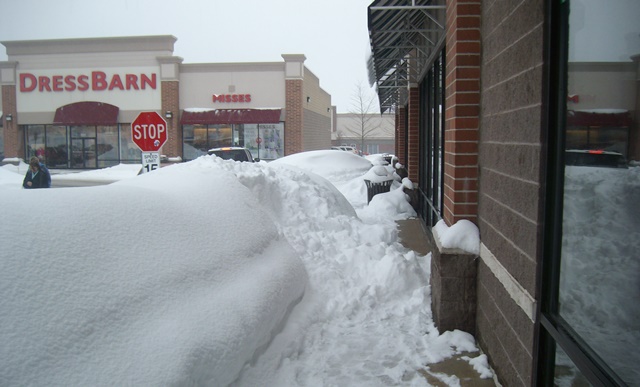
Preparing a shopping center for the winter months is a very important function of property management. Simple tasks done at the right time can prevent significant issues during the winter. The following are some tips that can not only prevent those issues, but also reduce the cost of winter maintenance:
- Make sure all utilities are on - Vacant spaces in a shopping center typically do not require gas during the summer months. However, during the winter months gas and electric is required to operate gas powered HVAC units. It is best to check that the gas and electric are on before the threat of winter weather, as utility companies can have long lead times to turning gas on or setting a meter. Lack of heat can cause the water pipes to freeze, which can lead to cracking and breaks.
- Make sure HVAC units are serviced and operational - The heating portion of the HVAC units is typically not utilized in the spring, summer, and fall. The lack of use can cause a unit to function incorrectly. It is best to have the units inspected, serviced and tested by a professional prior to winter arriving. If heat is needed quickly due to imminent weather, an electric space heater can provide a temporary solution.
- Secure lump sum snow removal contracts - Many large scale snow removal contractors offer contracts based on a lump sum or season long pricing as opposed to a per plow basis. When dealing with a commercial shopping center or shopping mall, a lump sum contract should be the only option considered. It is very difficult to keep track of how many times a contractor actually plowed, so contracts based on a per plow can create issues when the bill comes in. When dealing with common area maintenance billing, tenants do not want to see large fluctuations in costs from year to year. Season long pricing which likely doesn't differ much from year to year does not raise any questions with tenants.
- Separate the salt purchasing from the snow removal contract - While simpler for accounting, salt ordering and purchasing should never be completely handled by the snow removal contractor. Salt should be supplied and purchased from an unaffiliated third party. While it is okay for the snow removal contractor to contact the salt supplier when salt is needed, the bill should go directly from the supplier to the owner or property manager.
- Select the right type of de-icer for the sidewalks - Using standard rock salt on the sidewalks can cause deterioration and damage to the storefront. Rock salt can also cause significant damage to plants that are not salt tolerant. Even if the contractor uses care when applying salt to the sidewalks, there is still a high likelihood that it will cause damage. Despite costing significantly more, using Magnesium chloride or Potassium chloride can reduce the damage to the storefront and vegetation, saving money in the long run.
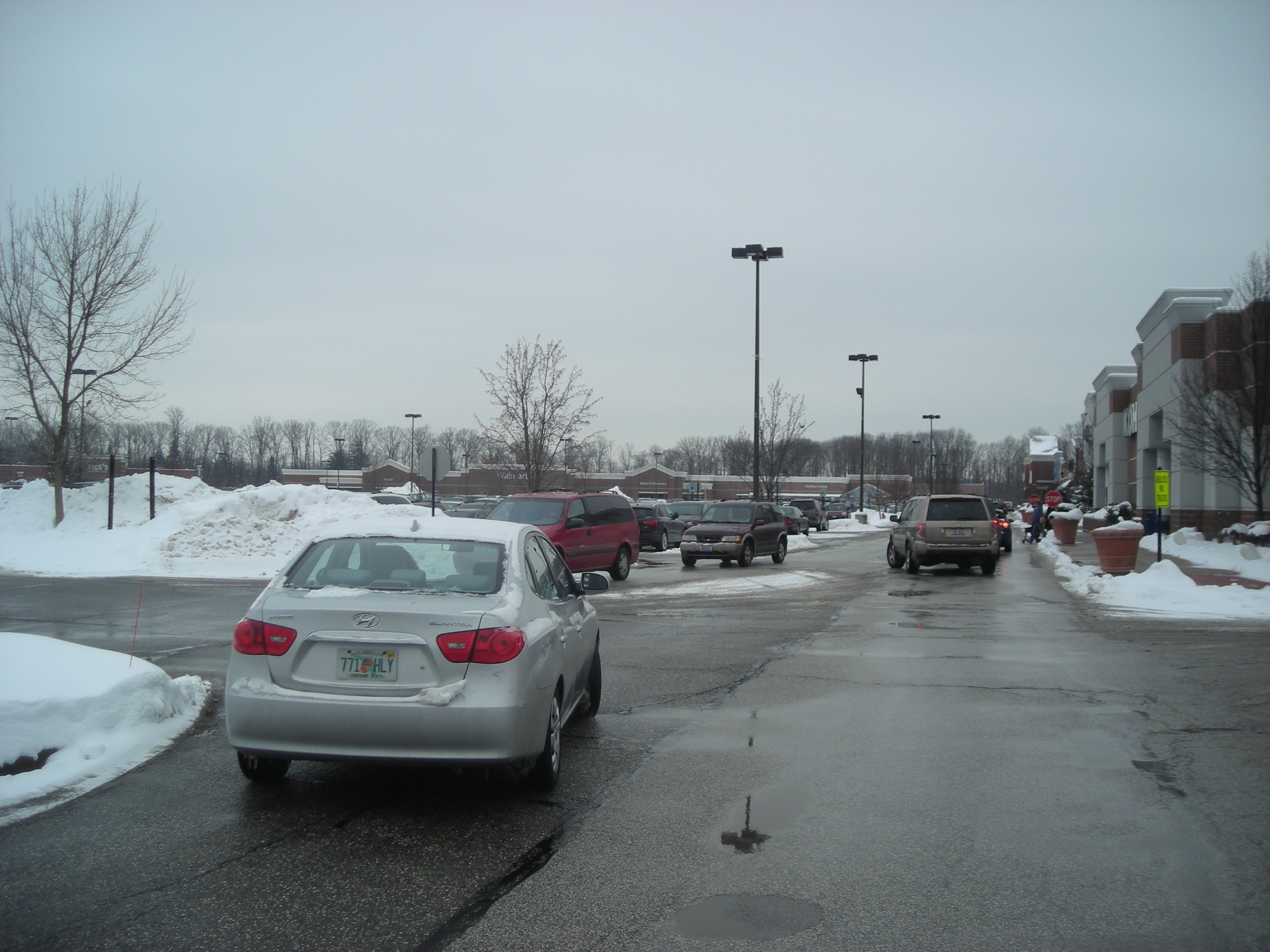
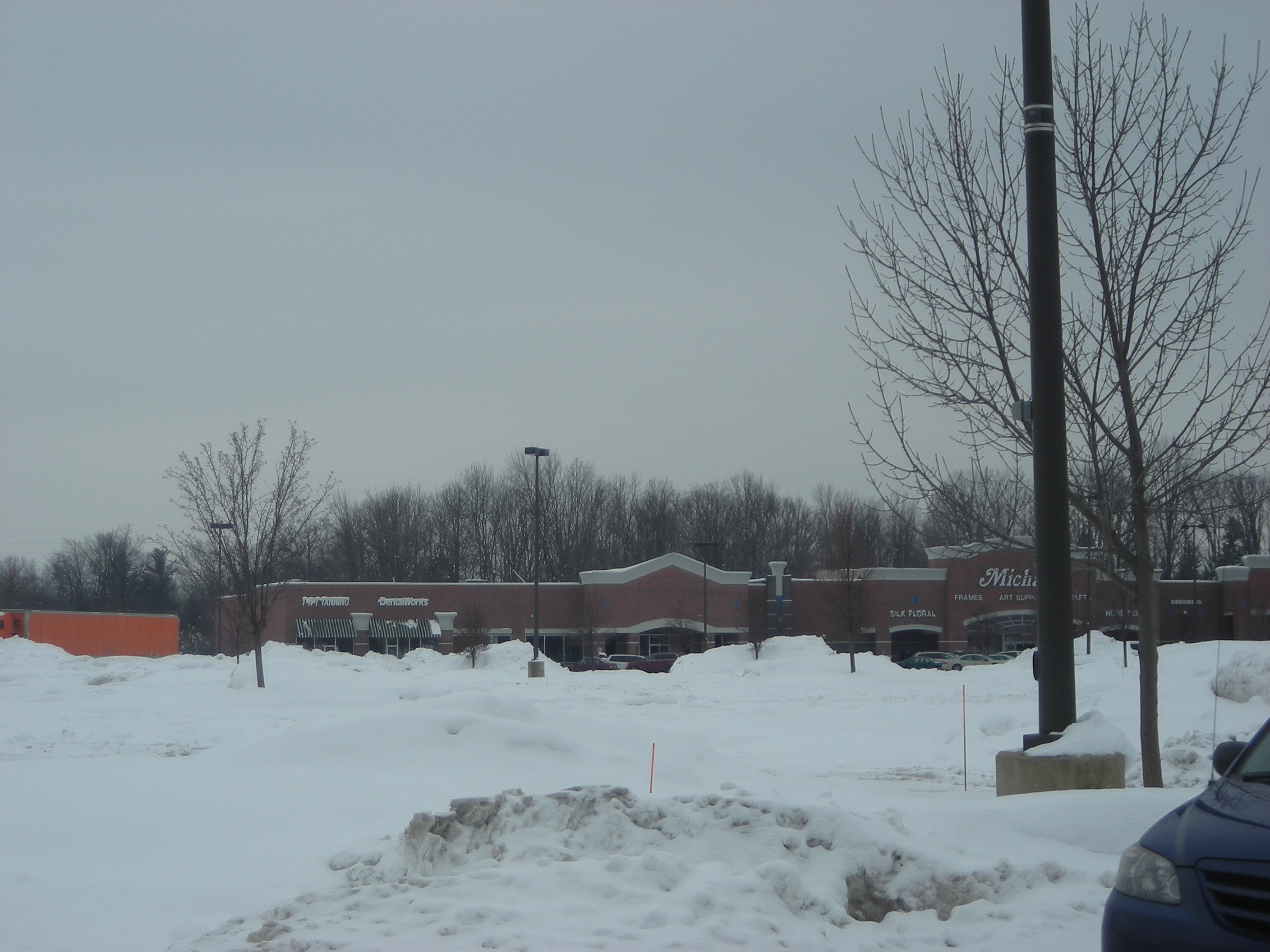
- Cut down any ornamental grasses - Ornamental grasses need to be cut close to the base in order for them to return in full form the next season. Failure to cut the grasses down will cause the dead material to fall over the plant, damaging it over the winter.
- Use your landscaper for snow removal if available - Many landscapers convert their operations to snow removal over the winter months. Utilizing an existing landscaper for snow removal can be quite beneficial. Any damage to the landscape can be repaired in the spring and should be provided at no cost to the owner. While generally snow removal billings are higher than landscape billings, a contractor performing both might offer a contract in equally monthly installments, stabilizing cash flow. MPG uses this strategy at the Marketplace at Four Corners, Madison Peebles Plaza, and the Parma Retal Center.
- Crack fill the parking lot - Winter weather can be harsh on a parking lot, especially one that has some age. Open cracks allow water to reach the subbase, causing pumping and additional cracking. Once the subbase has been compromised, only a full depth repair will fix the problem. Crack filling the parking lot in the fall can significantly reduce the damage done over the winter time, preserving the life of the parking lot as well as reducing repair and replacement in the spring
- Set parking lot light times - As the days grow shorter during the winter months, parking lot lights will be required earlier than in the summer months. Lights that are controlled locally will need the timers adjusted on site. Failure of the lights to come on at the appropriate time will not only cause issues with tenants, but could lead to a negligence claim in the event of an accident or injury on property.
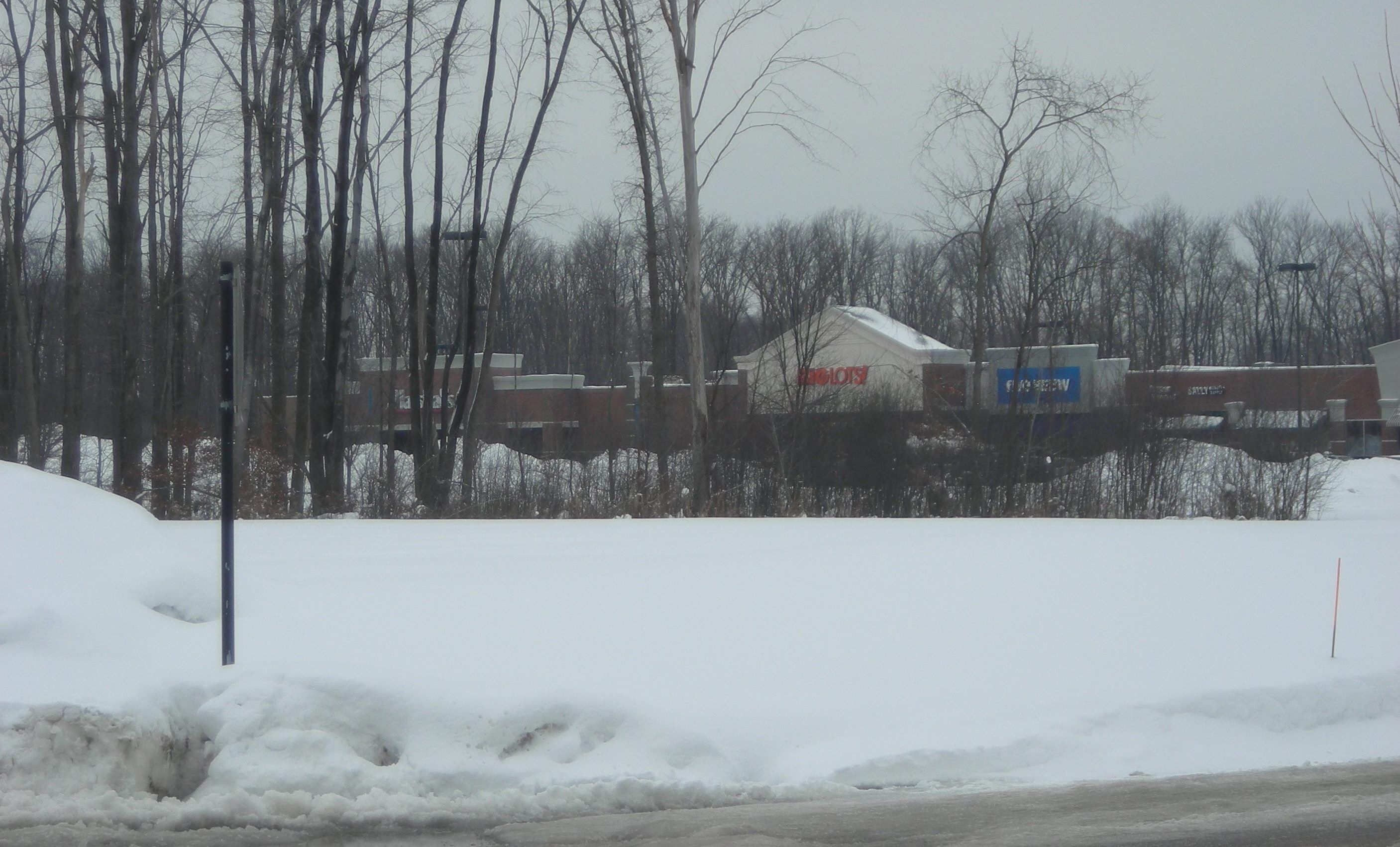
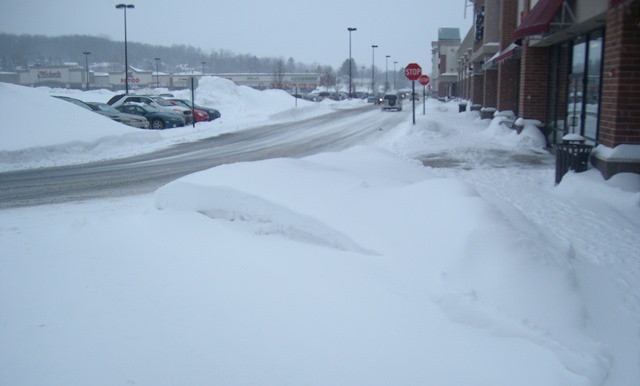
Following these simple but important tips can help reduce winter emergencies and costs while stabilizing and increasing cash flow. Contact MPG Property Group for comments or questions on this article. If you found this article useful, please share it with others:
![]()
![]()
![]()
